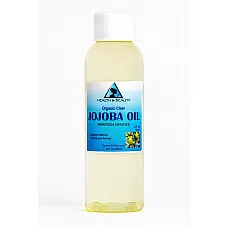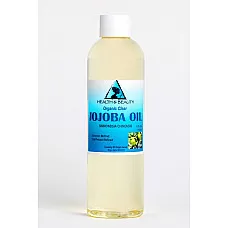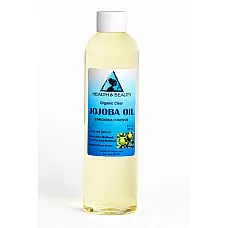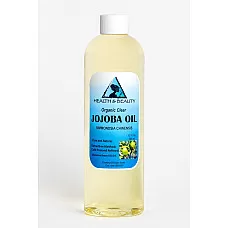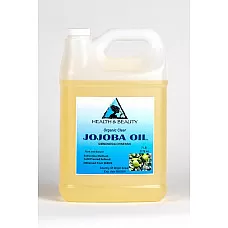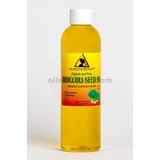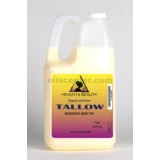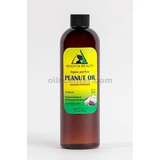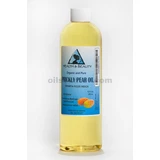$0.00
Checkout
What is jojoba oil
Jojoba is a perennial shrub that grows in North America. Not only do they thrive in a harsh, desert climate that can kill most living things on our planet, but they amazingly produce nutritious nuts with many medicinal properties. Naturally, you should not add them to food, but the oil from these nuts can be used in your daily rituals for skin and hair care.
It is gentle enough to be used as a carrier oil for mixing with other essential oils. But you can also use it yourself.
Many people use jojoba oil as part of their facial, body, and hair care routine. And there are good reasons for that. There is a lot of scientific evidence to support the benefits of using pure jojoba oil for skin and hair. Let's talk about them.
It moisturizes
Jojoba oil is an excellent hydrating ingredient, which is why specialists in cosmetic brands most often use it to create nourishing and moisturizing creams, lipsticks and hair masks. The oil, both in pure form and in beauty products, covers your skin with a protective barrier, preventing moisture loss. Using jojoba oil on your face can help prevent bacterial infections and acne from forming. When applied to hair masks with this product or pure jojoba oil to hair, it will help prevent dandruff.
It is antibacterial
The product has antimicrobial and antifungal properties. Although laboratory studies have shown that jojoba oil does not kill all types of bacteria or fungi, it does kill those bacteria and fungi that can cause salmonella, E. coli infection, and candidiasis. Actually, it will protect you from skin problems.
It is a natural antioxidant
Jojoba oil contains natural forms of vitamin E. This vitamin acts as an antioxidant on the skin and hair, meaning it helps cells fight oxidative stress caused by daily exposure to pollutants and other toxins.
The agent is not comedogenic
Although jojoba oil is an herbal substance, its composition is so similar to the sebum produced by the body that your skin does not notice the difference. Therefore, face and body masks based on the product or pure oil will not cause clogging of pores. It also reduces the likelihood of natural sebum buildup in the pores, leading to fewer acne and blackheads.
The product is hypoallergenic
At the molecular level, jojoba oil is not an oil, but a wax. While it can actually be absorbed into your skin and not just sit on its surface, its waxy nature allows jojoba oil to create a soothing, protective layer on the skin.
Unlike other essential plant oils, jojoba oil does not irritate the skin. An allergic reaction is rare.
Helps Control Sebum Production
Jojoba oil regulates the production of sebum by the sebaceous glands because it is very similar to the sebum that your body produces naturally.
When you apply jojoba oil to your skin, it moisturizes, soothes and, so to speak, relaxes, sending a signal to your hair follicles and sweat glands that your skin doesn't need extra sebum to moisturize. Jojoba oil is great for those with very oily skin as it prevents the production of excess sebum and helps prevent acne caused by clogged pores.
Helps Stimulate Collagen Synthesis
The antioxidants in the product can help the body produce collagen. Collagen is a protein found in skin and joints, as well as in cartilage. Collagen levels decrease with age. This is one of the reasons that the structure of the face changes after 35 years, and the first signs of aging signal exactly about the loss of collagen. Research confirms that the antioxidants in the oil help improve collagen synthesis. You just need to regularly apply the product to the skin.
May Help Relieve Eczema, Psoriasis, and Dry Skin
Jojoba oil has anti-inflammatory and healing properties. Topical application can help relieve dryness, flaking, itching, and related symptoms. People with inflammatory skin conditions such as psoriasis and eczema may find jojoba oil particularly beneficial.
Helps with sunburn
Jojoba oil is a popular ingredient in some natural sunscreens. One study by scientists Julie Evans and Elizabeth Johnson on the role of phytonutrients in skin healing shows that vitamin E, when combined with other antioxidants, can help protect skin from sun damage. Jojoba oil contains both ingredients. Sun damage can dehydrate your skin and cause flaking. Vitamin E in the product restores moisture to the skin and promotes skin healing, soothing the symptoms of sunburn.
May Help Treat Acne
One clinical study published in Complementary Medicine Research shows that jojoba oil can help treat problem skin. It has soothing, healing, anti-inflammatory properties, it also moisturizes the skin and is a natural antimicrobial agent. These benefits suggest that jojoba oil should help prevent acne as well as promote healing of minor acne.
-
👍 New items in Jojoba Clear Oil 2026
-
💯 Bestsellers in the Jojoba Clear Oil 2026
-
💵 Cheapest Jojoba Clear Oil 2026
-
💰 Most expensive Jojoba Clear Oil 2026
-
✅ Most popular products in the Jojoba Clear Oil 2026
-
💵 Price range: from to Jojoba Clear Oil 2026
-
How does Jojoba Clear Oil differ from regular Jojoba Oil?
-
Can Jojoba Clear Oil be used on the face?
-
Is Jojoba Clear Oil non-comedogenic?
-
How should Jojoba Clear Oil be stored?
-
Can Jojoba Clear Oil be used in hair care?

